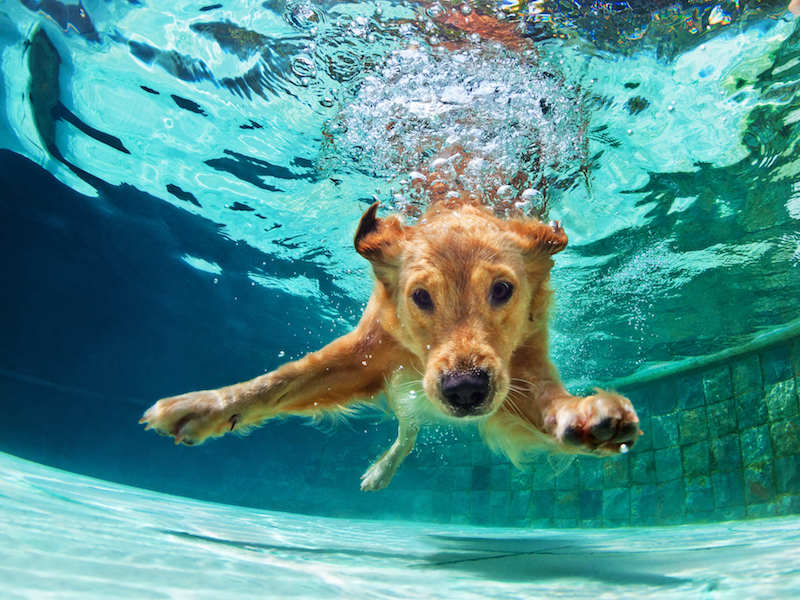
There are many factors which can affect the circuitry of your hearing aids. Hearing aids seem to self-destruct under extreme moisture conditions. Even if you already know that and take care to protect your investment from the shower, pool, or a good face washing, more than likely you are missing the most common cause of water damage in hearing aids: humidity.
Permanent damage is done by moisture that you can’t see. It’s time to understand more about why humidity is a damaging thing for hearing aids.
Understanding Humidity
Even though the word humidity is very common, what does it actually mean? PBS defines humidity as water molecules in the air. When displayed as a percentage, for example, the relative humidity is 40 percent today, it refers to the amount of water vapor in the air compared to what air could hold. When you can feel wetness in the air, that means the relative humidity is high.
Humans cool down their body by sweating so that makes us very sensitive to humidity. When humidity levels are too high our sweat won’t evaporate as fast. Moisture and electronics don’t mix well and that includes hearing aids.
Why Electronics Have difficulty with Humidity
Strangely enough, electronics are not just sensitive to high humidity but low levels as well. When it’s too damp, the intricate electronics will collect condensation. When it’s too dry things become more brittle.
Internal electronics are the reason your hearing aids work. Modern digital hearing aids use a state-of-the-art audio processing chip to manage noise. It’s what is behind elegant features like:
- Noise reduction
- Anti-feedback
- Targeted listening programs
- Digital sound streaming
High humidity causes moisture to collect inside the hearing aids damaging that chip. It can corrode elements inside the casing and ruin batteries as well. It’s the equivalent of throwing your hearing aid in a tub of water.
Managing Humidity
If you are investing in hearing aids, look for products that are water-resistant. Having this feature doesn’t mean you can go swimming with your hearing aids in your ear, but it does give some protection from humidity and other weather-related issues such as getting caught in an unexpected rainstorm or even sweat when you work out.
When it’s very humid try to lessen indoor water vapor by using a dehumidifier. It’s an investment that will help you and your family in many ways and protect other electronic devices like that costly TV you got for Christmas. Dust mites, mildew, and mold thrive in moist environments so a dehumidifier will improve the quality of breathing as well. However, protecting your hearing aid more completely will require additional thinking. You will need to take other steps at the same time.
Consider buying a dehumidifier designed especially for hearing aids. There is one out there for every budget. Silica gel crystals in a drying kit are used to protect electronics. You put the device in the dehumidifier for a couple of hours to eliminate moisture. There are also storage containers that dry hearing aids out each night as you sleep. If it is very humid and you have no other way, uncooked rice can reduce moisture.
Don’t forget to leave the battery door open when you store your device. When you expose the battery and inner elements to air by leaving the door open, condensation can evaporate by itself. Do this all year round, not just in the summer months.
A cool dry place is the ideal for storage. Avoid putting them in the glove compartment, in a hot room or on a table in the sun.
Other Moisture Concerns
Damage can be caused by other types of wetness. Don’t forget to think about other types of wetness like:
- Don’t touch your hearing aids with hands that are still moist from lotion.
- Leave your hearing aids in a safe place before you go swimming.
- Wear a sweatband when exercising. If you are wearing your hearing aid then it’s a good idea in general. Later that sweat will cause problems.
- Check surfaces before you put your hearing aid down. You don’t want to place it in a wet spot left by a glass or coffee cup.
Your hearing aids are a valuable asset, so treat them that way. Keep in mind how moisture can damage your hearing aids and make sure to prevent water from getting in them. If your hearing aid already has water damage make an appointment for service with a hearing aid specialist.